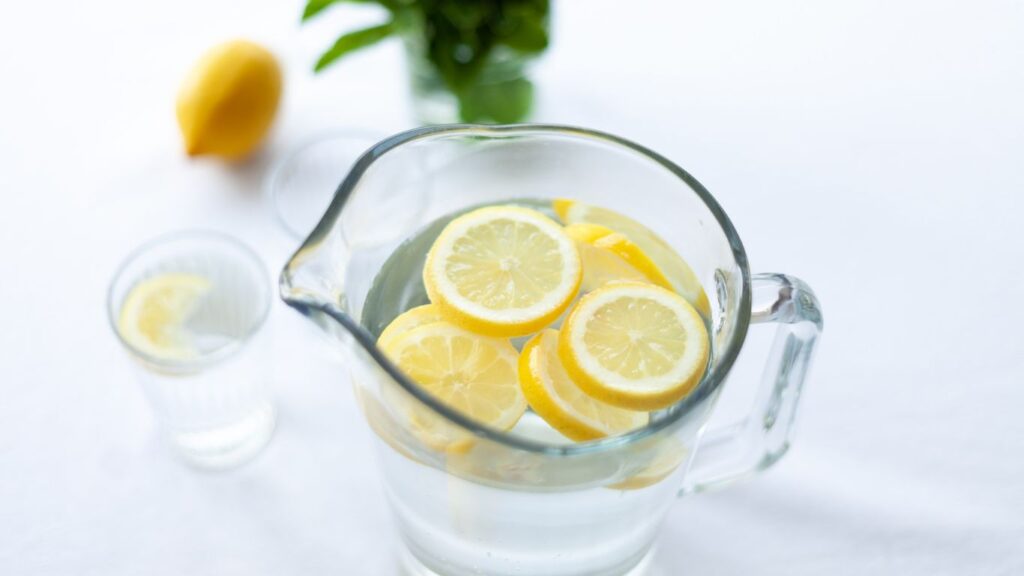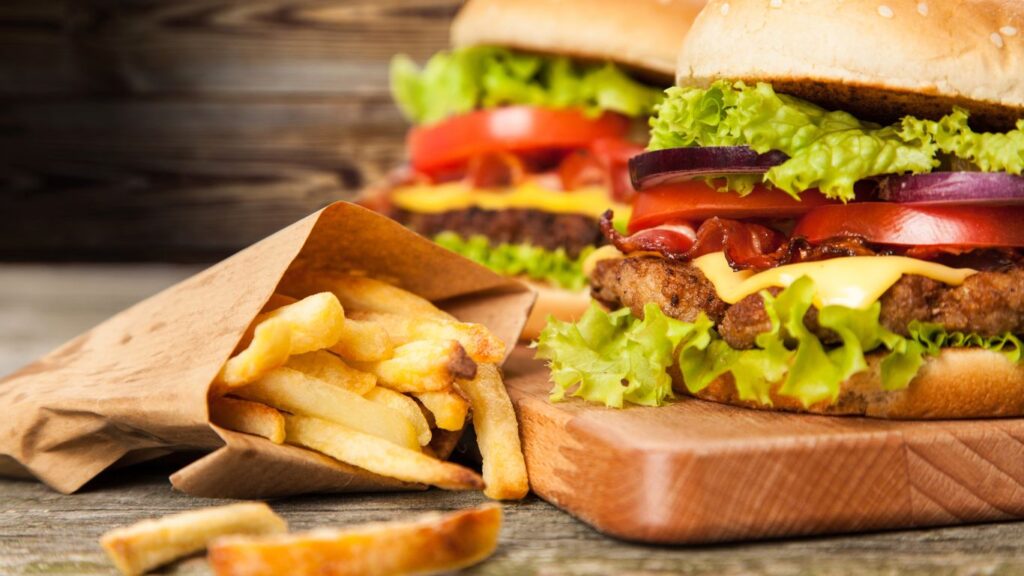Salt cravings are a common phenomenon experienced by many, often prompting a desire for salty snacks or foods. While occasional cravings are normal, persistent or intense cravings can signal underlying health issues. Excessive salt intake has been linked to conditions like hypertension and cardiovascular problems. Through this blog we will analyze the potential health implications of salt cravings, shedding light on what these cravings might reveal about our bodies’ needs and overall health. Knowing the reasons behind salt cravings and their links with various health conditions, readers can gain insights into their own dietary habits and make informed choices to support better health outcomes. We will see how listening to these cravings can provide valuable clues about our well-being and guide us towards a disease free life.
The Health Indications of Salt Cravings: What Your Body Might Be Telling You
What is Salt Cravings ?
Salt cravings are the intense desire for salty foods or snacks, driven by our body’s need for sodium. Sodium plays a crucial role in maintaining fluid balance, nerve function, and muscle contraction. When sodium levels drop, our bodies signal a craving to restore balance. Dehydration is one of the most common reasons for salt cravings, as inadequate fluid intake can disrupt electrolyte levels. Similarly, electrolyte imbalances from excessive sweating or insufficient intake of minerals like potassium and magnesium can also lead to cravings for salty foods. Understanding these mechanisms helps us recognize when salt cravings may indicate more than just a desire for flavor, highlighting the importance of addressing underlying hydration and nutritional needs for optimal health.
Possible Health Conditions Linked to Salt Cravings

Hypertension and Cardiovascular Health:
Excessive salt intake leads to hypertension (high blood pressure) due to its effect on fluid balance and blood vessel constriction. When too much salt is consumed, our kidneys struggle to excrete the excess, leading to increased fluid retention and higher blood volume. This places greater strain on the heart and arteries, eventually contributing to elevated blood pressure levels.
Studies, such as those conducted by the American Heart Association, suggest a direct correlation between salt consumption and hypertension risk. For instance, the Framingham Heart Study highlighted that reducing salt intake can significantly lower blood pressure levels, in doing so reducing the incidence of cardiovascular diseases. Understanding this connection underscores the importance of moderating salt intake to manage blood pressure and complete heart health.
Adrenal Issues and Stress Response:
Adrenal gland function affects salt cravings through its role in producing hormones like aldosterone, which regulate sodium levels. Conditions such as adrenal fatigue or Addison’s disease, where adrenal glands are impaired, can lead to electrolyte imbalances and increases the salt craving. The body’s stress response also plays a role; during stress, adrenal glands release cortisol, affecting sodium excretion and potentially increasing cravings for salt to replenish lost electrolytes. Understanding these mechanisms helps recognize how adrenal health impacts salt cravings and highlights the importance of managing stress and supporting adrenal function for overall well-being.
Nutrient Deficiencies and Salt Cravings

Electrolyte Imbalance:
Electrolyte imbalance can induce salt cravings as it disrupts the delicate balance of sodium, potassium, magnesium, and calcium in our bodies .Sodium regulates fluid balance, nerve function, and muscle contraction along with potassium, magnesium, and calcium.. A deficiency in these minerals can lead to cravings for salty foods to compensate.
To maintain electrolyte balance and reduce cravings, includes foods rich in potassium like bananas and spinach, magnesium sources like nuts and seeds, and calcium from dairy or fortified plant-based alternatives. Go for whole foods over processed snacks and stay adequately hydrated to support electrolyte equilibrium and overall health.
Iron Deficiency (Anemia)
Deficiency of iron can also increases cravings for salt. This occurs because iron plays a crucial role in oxygen transport throughout the body, vital for energy production. When iron levels are low, oxygen delivery to tissues diminishes, leading to fatigue and a heightened desire for salty foods as the body seeks to restore balance. Analyzing iron deficiency is essential not only for preventing cravings but also for maintaining overall energy levels and supporting optimal physical and cognitive function.
Lifestyle Factors and Dietary Habits

Dietary Choices and Salt Intake:
Salt and processed foods can increase cravings by desensitizing taste buds and altering taste expectations. To reduce salt intake healthily, opt for fresh, whole foods and cook meals at home to control sodium levels. Use herbs, spices, and citrus flavors as flavorful alternatives to salt. A balanced diet rich in whole foods provides essential nutrients and fiber, supporting overall health and reducing the risk of chronic diseases linked to excessive salt consumption. By prioritizing whole foods, individuals can better manage cravings, enhance nutritional intake, and promote long-term well-being.
Hydration and Cravings:
Dehydration can mimic salt cravings because when the body lacks sufficient water, electrolyte concentrations become more concentrated, triggering a desire for salty foods to restore balance. Adequate water intake is crucial in managing cravings as it helps maintain proper hydration and electrolyte balance. By staying well-hydrated, individuals can reduce the likelihood of mistaking dehydration-induced cravings for salt, supporting overall health and well-being. Hydration not only promotes optimal physiological functions, but also regulates appetite and enhances digestion, circulation, and temperature regulation.
Conclusion
Understanding the health indications of salt cravings offers valuable insights into our body needs and potential underlying issues. Whether signaling dehydration, electrolyte imbalance, or more serious conditions like hypertension or nutrient deficiencies, salt cravings serve as an important clue to our overall health. By listening to these signals and adopting a balanced approach to nutrition, including reducing processed foods and maintaining adequate hydration, we can better manage cravings and support our well-being. When we pay attention to our salt cravings, we can make informed choices which will lead to long-term health and vitality.
Also read: 5 Warning Signs of Poor Blood Circulation in the Body
